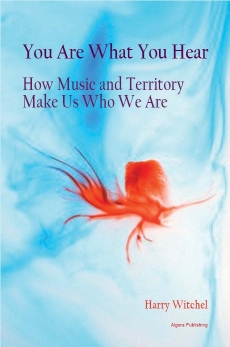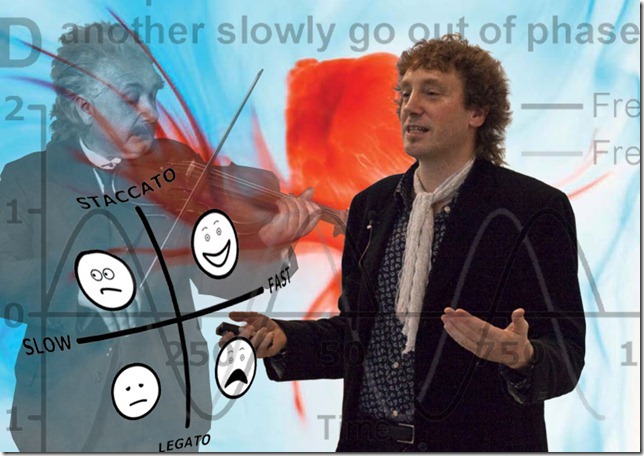
Why do we have music, and what does it do to us? Psychobiologist Dr Harry Witchel reveals the answers. He relates the science of music to humorous anecdotes from the history of pop culture, to unveil why music makes us feel so good — or why the wrong music makes us feel so bad. Dr. Witchel, who researches music, pleasure and the brain, provides a wealth of evidence pointing to one answer: like birds, gibbons and other musical animals, we use music to establish social territory. In this way music can influence what you think, what you decide to buy, and even how smart you are.
Dr. Witchel will be joined by cellist Raul Rothblatt, who will play excerpts of music live to demonstrate the power that music has. Raul Rothblatt has previously collaborated with Dr Witchel at UC Berkeley, with Rothblatt’s composition “A Philosophical Treatise on the Nature of Doubt”. Raul Rothblatt’s musical experience is broad and deep: he is a co-founder of Jumbie Records, and his Hungarian folk band Eletfa will be playing with the New York Philharmonic the day before this performance. At the Entertaining Science Cabaret he will be showing what the cello can do to elicit the widest range of emotions that biology and physics will allow.
Date: 11 November 2012 (Sunday)
Time: 6 PM, lasting 60 minutes + questions
Venue: Cornelia Street Cafe
Address: 29 Cornelia Street (in the Greenwich Village, between Bleecker and W. 4th)
Phone: 212-989-9319 (Reservations recommended)
Cost: $10 (drinks not included)
Website: http://corneliastreetcafe.com/performances.asp (see Nov 11)

This was a longer interview with Graham Maybury in Perth Australia on PR radio.
Date: 08 July 2011
Broadcaster: BBC Radio4
Show: 92 to 94 FM
Listen...
8 MB mp3 File (15 minutes).

Sod-casting is emblematic of our modern age. It is when young people on public transportation play their music on tinny mobile phone speakers so that everyone else can hear it. The sound quality is low, they are annoying everyone else on the bus -- why are they doing it? Is it just to be inconsiderate? I explain to poet and broadcaster Ian McMillan what is going on, and show how social territory plays a role.
Date: 14 June 2011 (and for 1 week on BBC iPlayer)
Time: 13:30 (or at your leisure on iPlayer)
Venue: BBC Radio4
Address: 92 to 94 FM
Website: on this website or
http://www.bbc.co.uk/programmes/b011v1bq

Sod-casting is emblematic of our modern age. It is when young people on public transportation play their music on tinny mobile phone speakers so that everyone else can hear it. The sound quality is low, they are annoying everyone else on the bus -- why are they doing it? Is it just to be inconsiderate? I explain to poet and broadcaster Ian McMillan what is going on, and show how social territory plays a role.
Date: 14 June 2011 (and for 1 week on BBC iPlayer)
Time: 13:30 (or at your leisure on iPlayer)
Venue: BBC Radio4
Address: 92 to 94 FM
Website: on this website or
http://www.bbc.co.uk/programmes/b011v1bq
 Date: 14 June 2011
Date: 14 June 2011
Website:
BBC News Online
For many, teenagers playing tinny music to each other on public transport on their mobile phones can be intensely irritating. Why do they do it? The battle lines are drawn between teenagers and their silent elders. the BBC pits my opinion against the teenagers' here. In brief, sod-casting is a fascinating phenomenon scientifically, because the music is played through a low quality sound system. Obviously people play music in public because it makes them feel good -- but why does it make them feel good? When young people in the 1970s played boom-boxes in public, you could have argued that the sounds themselves were attractive at some sensual level. But with sod-casting, the sound quality is pretty dire; the music is recognisable, but the really important emotional effects are not happening in the kids' ears, but what is going on inside their heads. Hearing the music makes them feel that they own the social territory.

THE SCIENCE OF ART is a ground-breaking three–part series that will explore how science is using art to understand the human brain, and, in so doing, throwing up surprising theories about how art works. Where the Romantic view of art is that it is God-given and unexplainable, science is now ‘unweaving the rainbow’. And controversially so… for many scientists now believe that they can explain why we like what we like, why we tap our feet to the Beatles, are dazzled by Dvorak, or go gaga for Gauguin. This controversial series will explore the world of art through the prism of ‘neuro-aesthetics’ for the first time. Working in tandem with the UK’s most prestigious art institutions… witnessing extraordinary cross-cultural stunts and experiments… and uncovering the secrets of many iconic works of art – from the Mona Lisa to Star Wars – this series will reveal how artists, musicians and storytellers have used their skills to dazzle the human brain, and explore how neuroscience is on the verge of radically changing our attitudes to human creativity. Covering Art & Architecture, Music & Dance, and Stories & Film over three episodes, it might even change the way we look at art forever. Dr Harry Witchel runs an experiment in the Tate Britain Museum measuring the physiological responses to iconic art from Pre-Raphaelite John Millais to Damien Hirst and even Francis Bacon.
City: Channel 4 (UK)
Date: Summer 2011
Time: Tba
Venue: TV
Website:
www.silverriver.tv/in-production/the-science-of-art/
Cost: Free
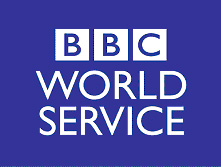
The first radio interview on my new book on music was broadcast on BBC World Service on January 13 in the final 10 minutes of their culture show called "The Strand". The interviewer is world music aficionado Mark Coles.
Listen...
2.4 MB mp3 File (6 minutes).
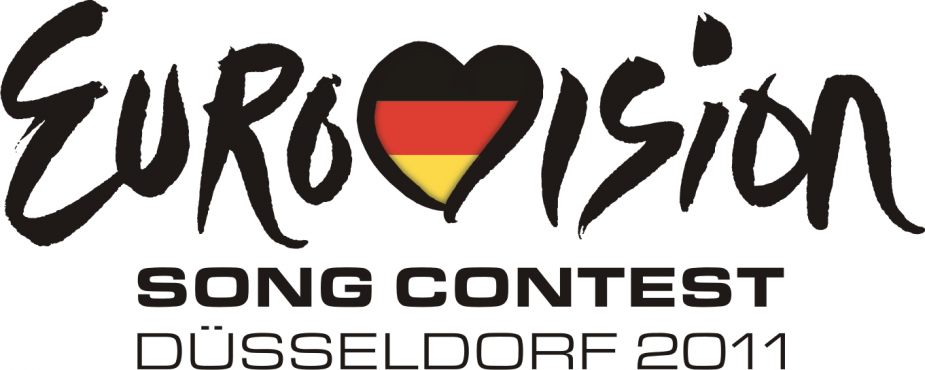
Documentary following pop group Blue as they accept the challenge to represent their country this May at the Eurovision Song Contest in Dusseldorf. But to do well, they will need some help. In this special programme narrated by Graham Norton, the boys in Blue set out to turn their song into the perfect Eurovision entry. Fan folklore says that to win you must have a memorable tune, strong chorus, eye-catching performance, a gimmick, the all important key change and a big finish. But do the people in the know agree? Dr Harry Witchel contributes to the discussion with some interesting analysis and opinion.....
City: BBC1 TV
Date: Saturday 16th April
Time: 18:10 to 19:10 pm
Venue: BBC1 Northern Ireland, North West, West, North East, Scotland, South East and HD
Watch again: until April 23rd
Address:
www.bbc.co.uk/iplayer
Website:
www.bbc.co.uk/eurovision/
Cost: Free

This high profile four-day Biennial Meeting will showcase recent advances and cover broad themes of neuroscience.
Dr Harry Witchel presents his "Music and the Mind" interactive event after dinner on the first night. Aided and abetted by clarinettist Karl Dürr-Sørensen and cello player Bela Emerson. Playing enchanting, haunting and "brain-befuddling” excerpts of music live on stage they illustrate the aspects of music that wield power over our emotions.
City: Harrogate, UK
Date: 18 April 2011
Time: 20:00 pm
Venue: Harrogate International Conference Centre
Address: King's Road, Harrogate, North Yorkshire HG1 5LA
Phone: BNA: +44 (0)1223 766450
Website:
www.bna.org.uk/events/
Cost: via BNA Membership/Registration Only

Have you ever wondered why we evolved to have music? And if we need it, what does it do to us? Dr Harry Witchel, who researches music, pleasure and the brain, unveils why music makes us feel so good – or why the wrong music makes us feel so bad. Music can influence what you think, what you decide to buy ...
City: Cheltenham
Date: Friday 10th June 2011
Time: 18:30pm
Venue: Cheltenham Town Hall
Address: Imperial Square, Cheltenham, GL50 1QA
Phone: Ticket Office: 01242 505 444
Website:
www.cheltenhamfestivals.com
Cost: £8 full price/£7 concessions

“Exploring practical approaches towards better soundscapes". SoundScape intelligently investigates the sounds that affect our lives. It explores new ways of solving noise problems by researching how sound can be viewed as a ‘resource’ rather than traditional approaches which try to combat noise simply as ‘waste’,” explains Lisa Lavia, NAS managing director and editor-in-chief of SoundScape. “SoundScape puts into context, how we can positively change and enhance the environment for the benefit of our health and wellbeing.”
City: Brighton, UK
Date: 6-7 April 2011
Time: 9-5
Venue: Brighton Town Hall
Address: Bartholomew Square
Brighton, East Sussex BN1
Phone: NAS: 01273 823 850
Website:
www.nosieabatementsociety.com
Cost: £10 / £6 for the entire day (7 speakers)
Update
 City: Brighton, UK
City: Brighton, UK
Date: Saturday 05 March 2011
Time: 12:45-13:45 PM
Venue: Sallis Benney Theatre
Address: 58-67 Grand Parade / BN2 0JY
Phone: 01273 777 628
Website:
www.brightonscience.com
Cost: £10 / £6 for the entire day (7 speakers)
This lecture demonstration will involve a mixture of live classical music intermingled in a lecture explaining the science behind music. Advanced booking advised.
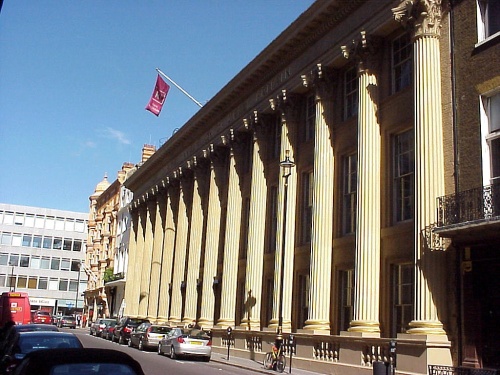
City: London, UK
Date: Wednesday 19 January 2011
Time: 7-8:30 PM
Venue: The Royal Institution of Great Britain
Address: 121 Albemarle Street / W1S 4BS
Phone: 0207 409 2992
Website: www.rigb.org
Cost: £10 / £7
This lecture demonstration will involve a mixture of live classical music intermingled in a lecture explaining the science behind music.
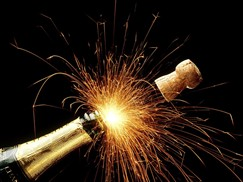
City: Brighton, UK
Date: Thursday 27 January 2011
Time: 7-10 PM
Venue: The Lighthouse, Brighton
Address: 21 Kensington St / BN1 4AJ
Phone: 01273 647 197
Website: www.lighthouse.org.uk
Cost: by invitation only

|

